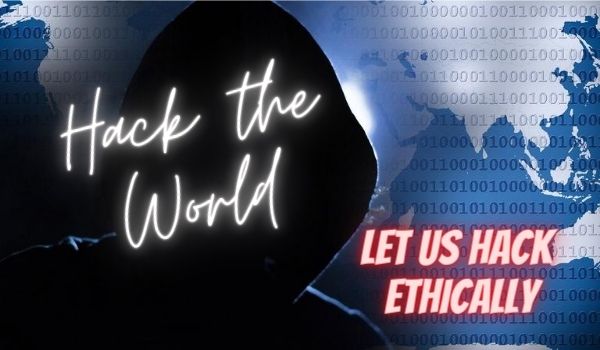65B Certificate Format | Certificate u/s 65B Indian evidence act
In my earlier blog-post , I have discussed about the latest judgement by Hon’ble Supreme Court of India, wherein in the event the original device can not be produced before the Learned Court, the party proving the electronic evidence has to give statement u/s 65B of the Indian Evidence Act. We know that in electronic evidence collection, it is not always easy to bring the original device before the learned Court, as in most of the cases the data are collected from internet or virtual world, where the data are stored in various server whose location in many cases is beyond India. Section 65A of Indian Evidence Act says : “The contents of electronic records may be proved in accordance with the provisions of section 65B.” Hence everyone who wants to adduce electronic evidence and where there is no possibilities that the original device can be brought before the Court, Certificate under section 65B is a mandatory one. Hence everyone should know how to write or draft cer...



As always, I educate myself from your write ups. Awaiting next part. All regards.
ReplyDeleteThanks and also share for others...
DeleteGreat learning Sir..
ReplyDeleteThis comment has been removed by the author.
ReplyDeleteSo supportive and useful. Thank you.
ReplyDeleteThanks
DeleteI love this post. Thanks for such a great list of wonderful things. I can’t wait to start reading many of them. Professional Hacker For Hire Online
ReplyDeleteThanks for a wonderful share. Your article has proved your hard work and experience you have got in this field. Brilliant .i love it reading.Hire A Professional Website Hacker
ReplyDelete